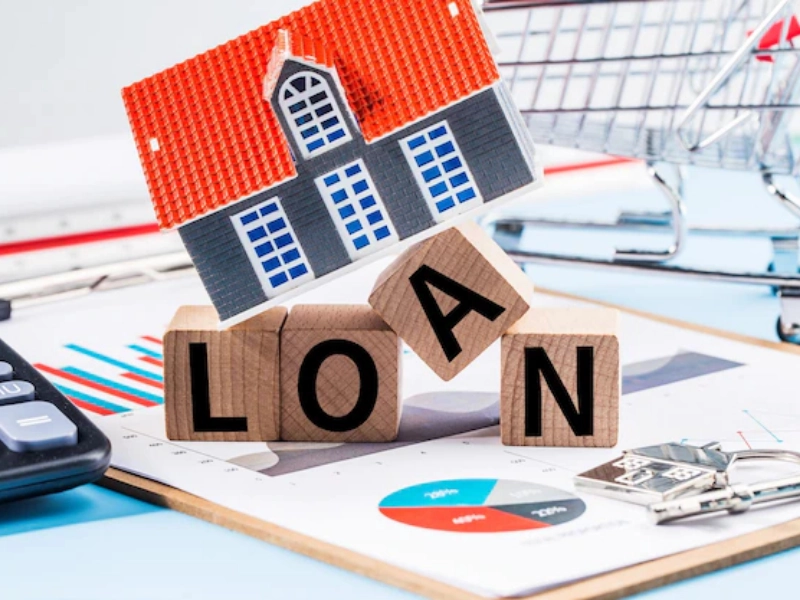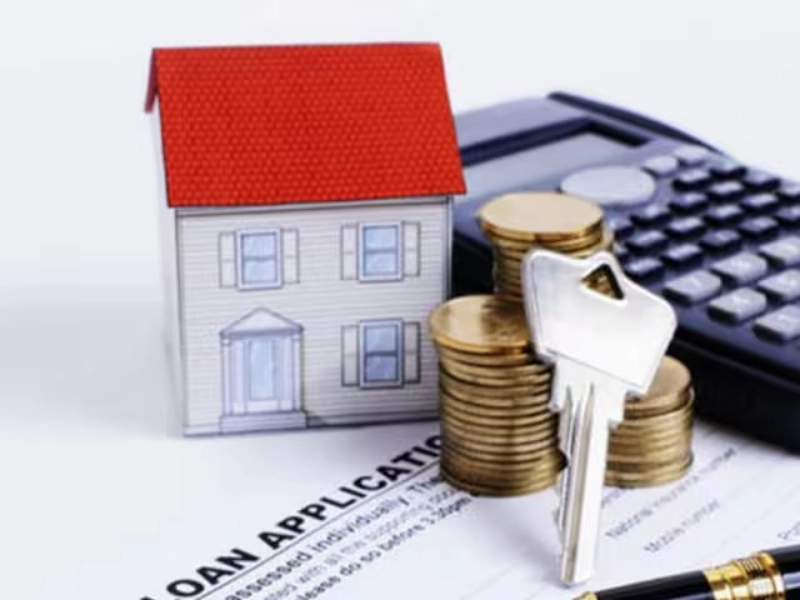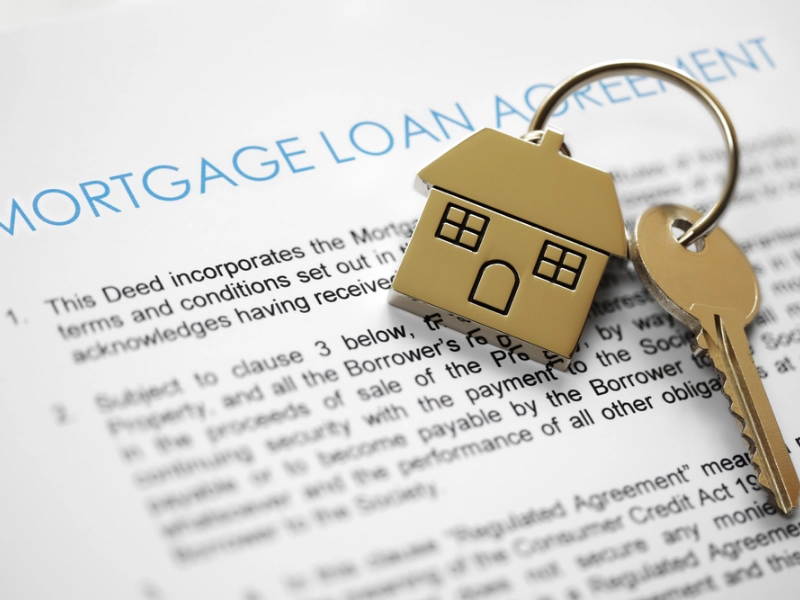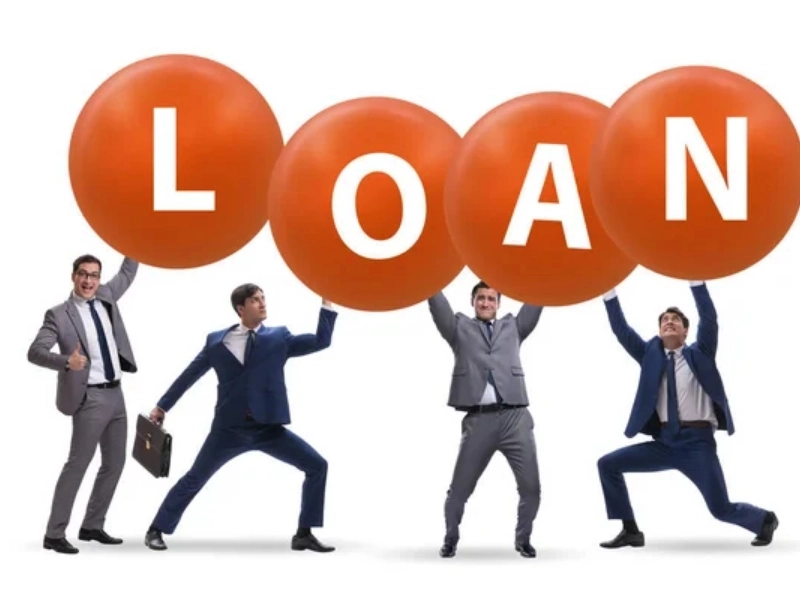Buying a house comes with a great deal of responsibility and cost. You must earn enough money each month to cover your mortgage's monthly payments, property taxes, and insurance premiums. There are specific programs available to assist those with disabilities in achieving homeownership. You can also obtain assistance with the procedure from your local government or a nonprofit.

 A typical mortgage might not be able to accommodate the needs of many buyers who are disabled. Fortunately, there are grants and home loans available to assist those with disabilities in purchasing a property.
These programs frequently include competitive interest rates, liberal credit guidelines, and minimal down payment requirements. In addition, disability income may be included as a qualifying source, which is particularly advantageous for borrowers with less or no income from typical work.
There is a financing program that provides a special "remote access" option that allows those who use a wheelchair or have trouble ascending stairs to control the doorbell and thermostat with their voice. Additionally, there are legal safeguards against disability-based housing discrimination, such as Section 504 of the Rehabilitation Act and the Fair Housing Act.
Homes for the disabled may be eligible for a grant or mortgage financing from nonprofits such as Habitat for Humanity. These loans are usually forgiven after you live in the house for a predetermined amount of years and have low or no interest rates.
A typical mortgage might not be able to accommodate the needs of many buyers who are disabled. Fortunately, there are grants and home loans available to assist those with disabilities in purchasing a property.
These programs frequently include competitive interest rates, liberal credit guidelines, and minimal down payment requirements. In addition, disability income may be included as a qualifying source, which is particularly advantageous for borrowers with less or no income from typical work.
There is a financing program that provides a special "remote access" option that allows those who use a wheelchair or have trouble ascending stairs to control the doorbell and thermostat with their voice. Additionally, there are legal safeguards against disability-based housing discrimination, such as Section 504 of the Rehabilitation Act and the Fair Housing Act.
Homes for the disabled may be eligible for a grant or mortgage financing from nonprofits such as Habitat for Humanity. These loans are usually forgiven after you live in the house for a predetermined amount of years and have low or no interest rates.
 Sometimes subsidies are available from local governments or even national groups like Habitat for Humanity to assist people with disabilities in purchasing low-maintenance homes. The cost of purchasing and remodeling a home can be greatly decreased by using these grants, which often offer funding that is not repayable.
Individuals who meet the requirements for HUD's Section 8 housing program may also be eligible for special mortgage programs that facilitate the acquisition of accessible, reasonably priced homes. These programs frequently offer a variety of loan alternatives tailored to assist both caregivers and family members wishing to purchase a property for an adult family member who is disabled, as well as purchasers with impairments.
Home sellers, real estate agents, and lenders are prohibited under the Fair Housing Act from treating people unfairly on the basis of a number of protected characteristics, including disability. But some lenders are unaware that a disability is not a valid excuse for rejecting a mortgage application.
Sometimes subsidies are available from local governments or even national groups like Habitat for Humanity to assist people with disabilities in purchasing low-maintenance homes. The cost of purchasing and remodeling a home can be greatly decreased by using these grants, which often offer funding that is not repayable.
Individuals who meet the requirements for HUD's Section 8 housing program may also be eligible for special mortgage programs that facilitate the acquisition of accessible, reasonably priced homes. These programs frequently offer a variety of loan alternatives tailored to assist both caregivers and family members wishing to purchase a property for an adult family member who is disabled, as well as purchasers with impairments.
Home sellers, real estate agents, and lenders are prohibited under the Fair Housing Act from treating people unfairly on the basis of a number of protected characteristics, including disability. But some lenders are unaware that a disability is not a valid excuse for rejecting a mortgage application.
 Even though it can be challenging for those with disabilities to be approved for house loans, they can still access assistance programs. In addition to charity groups, local and state governments sponsor home loan programs, which may include special handicap incentives. Disabled purchasers are guaranteed equal housing rights with their non-disabled counterparts and are protected from discrimination by the Fair Housing Act and the Americans with Disabilities Act.
Veterans with disabilities can apply for mortgage loans from the Department of Veterans Affairs, and their disability benefits can be used to meet the income requirements. People with disabilities can also apply for zero-down loans through the USDA Rural Housing program. In many cases, special disability house loans are also available to parents and caregivers of disabled persons who intend to live with them. They are able to combine their credit and income with that of a co-borrower who is not an occupant, provided that the combined income used to determine mortgage qualifying does not exceed the HomeReady income limits set by Fannie Mae.
Even though it can be challenging for those with disabilities to be approved for house loans, they can still access assistance programs. In addition to charity groups, local and state governments sponsor home loan programs, which may include special handicap incentives. Disabled purchasers are guaranteed equal housing rights with their non-disabled counterparts and are protected from discrimination by the Fair Housing Act and the Americans with Disabilities Act.
Veterans with disabilities can apply for mortgage loans from the Department of Veterans Affairs, and their disability benefits can be used to meet the income requirements. People with disabilities can also apply for zero-down loans through the USDA Rural Housing program. In many cases, special disability house loans are also available to parents and caregivers of disabled persons who intend to live with them. They are able to combine their credit and income with that of a co-borrower who is not an occupant, provided that the combined income used to determine mortgage qualifying does not exceed the HomeReady income limits set by Fannie Mae.